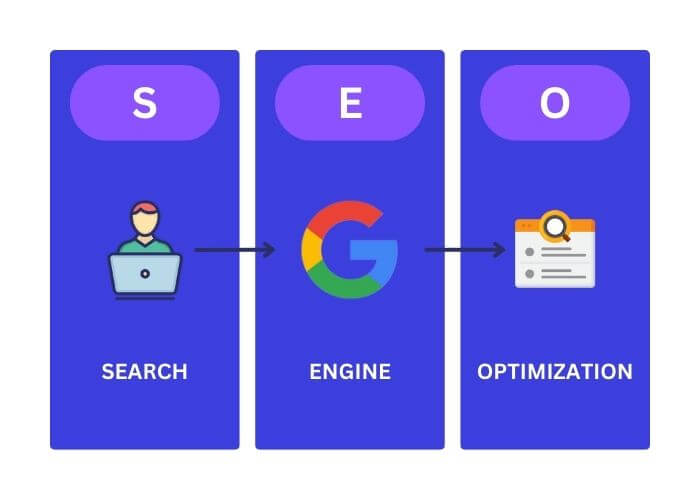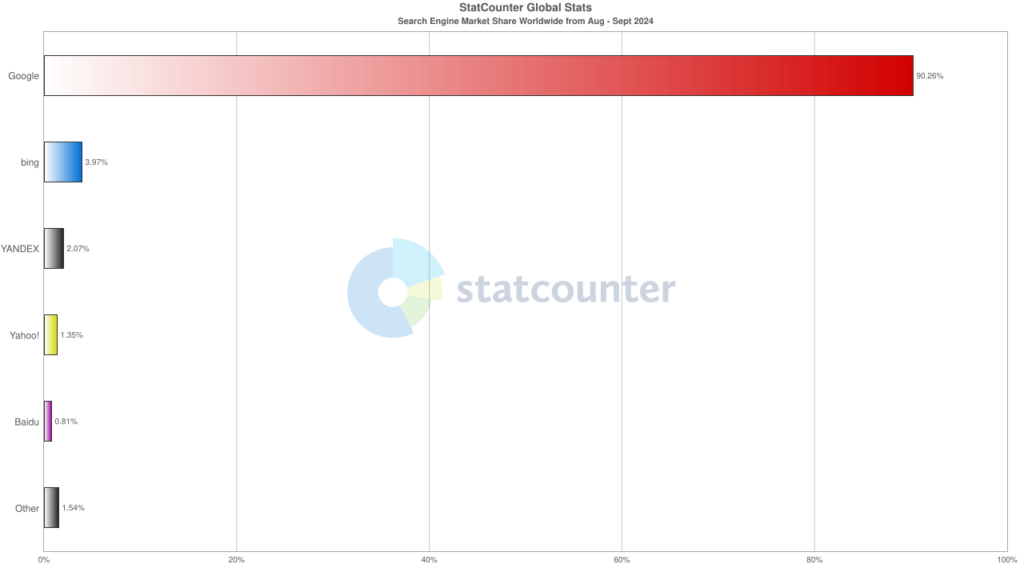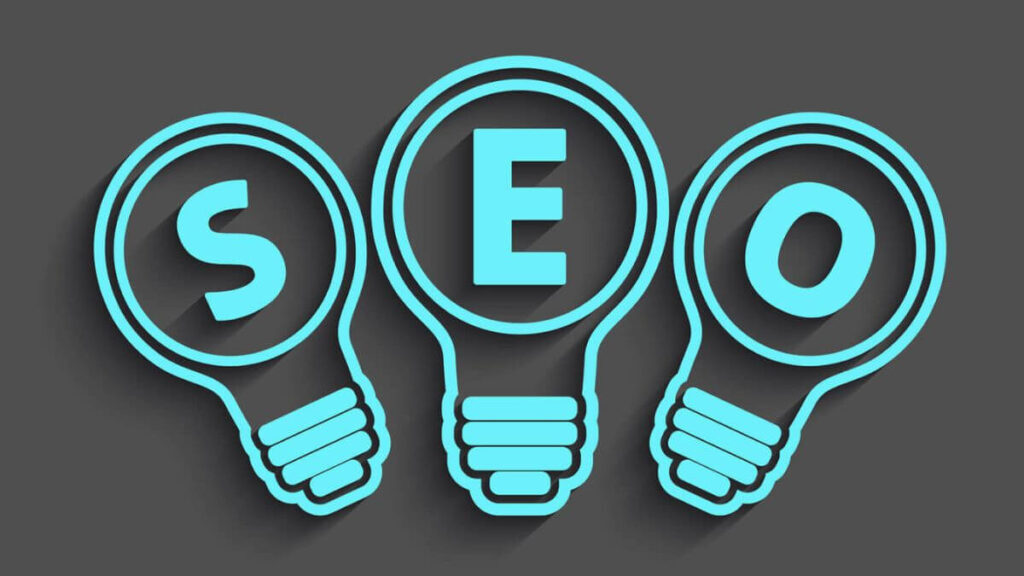SEO stands for Search Engine Optimization, a process that improves your website’s visibility in search engines like Google, and Microsoft Bing. It is the lowest and most effective way to drive traffic to your website.
Ultimately, the goal of search engine optimization is to attract website visitors who will become customers, clients, and audiences of your website.
SEO helps search engines to understand your website’s content and users to find your website.
In this complete blog, you will learn how to rank higher on Google and get more traffic to your website.
What does SEO stand for?
SEO—short for search engine optimization. Let’s break down it for your website.
- Search – What people do when they want to find an answer to a question or something they need, like a product or service.
- Engine – The search engine is the tool that scans the web to match the best results for what people are looking for.
- Optimization – You optimize (improve) your website or content so the search engine shows it higher in the search results.

What is SEO?
SEO is a set of processes that help websites rank higher in the organic results of Google, Microsoft Bing, and other search engines. SEO improves your website’s structure and content to help people find it through search engines when searching.
Types of SEO
To optimize your website on Google, there are three types of SEO: On-page, Off-page, and Technical SEO.
- On-page SEO is a process of optimizing your website’s content. It includes creating high-quality content, target keywords, and HTML tags.
- Off-page SEO is the process of improving your website’s trust and authority through backlinks. It includes high-quality backlinks and internal linking.
- Technical SEO is the process of optimizing your website’s technical aspects, like its overall performance, page load speed, and structure.
Why Is SEO Important?
SEO brings massive sources of traffic to your website. Over 80+ billion people visited Google.com in April 2023. That’s a massive audience, and even a small portion of them can greatly impact your business’s success.

The global SEO industry is projected to reach $122.11 billion by 2028 because it delivers real results for brands, businesses, and organizations of all sizes.
How does SEO work?
So how does Google decide which pages appear in the search engine results page (SERP) for a specific query? How does this bring traffic to your website? Here’s a simple breakdown of how it works.
Google’s search crawlers continuously scan, categorize, and store billions of web pages in its index. When you search for something on Google, it shows results from its index, not directly from the web.
Google uses algorithms to sort through billions of web pages and other content to present the most relevant results for a user’s query. It checks how people interact with search results to determine if a page meets their needs, influencing rankings.
Search engine optimization works like a feedback system that uses input from users, Google, and searchers to provide accurate and relevant results.
SEO ranking factors on Google
Google has hundreds of ranking factors and constantly evolving and refining its algorithm, but 12 key factors should be prioritized. FirstPageSage outlines the top Google ranking factors and their significance in determining search rankings. Here’s what they are:
- Consistent publication of high-quality content (26%)
- Keywords in meta title (17%)
- Backlinks (15%)
- Niche expertise (13%)
- User engagement (11%)
- Internal links (5%)
- Mobile-friendly/mobile-first (5%)
- Page speed (2%)
- Site security/SSL certificate (2%)
- Keywords in H1 (1%)
- Schema markup/structured data (1%)
- Keywords in URL (1%)
There are at least 200 Google ranking factors, there are 189 additional factors that contribute to that overall 1%.
SEO tools
Effective SEO requires data, and to gather data, you need the right tools. Fortunately, many of these tools are free. Here are the best SEO tools for an effective strategy:
- Google Analytics is a powerful, free tool that helps you analyze website traffic, user behavior, and overall performance. It provides valuable insights to improve your site’s effectiveness and user experience.
- Google Search Console is a free tool that helps you monitor and optimize your website’s presence in Google search results. It provides insights on search performance, indexing status, and potential issues, helping you improve your site’s visibility.
- Keyword research tools help you identify relevant keywords and phrases that people search for related to your content. These tools provide insights into search volume, competition, and trends, enabling you to optimize your content effectively.
- SEO software helps streamline and enhance your search engine optimization efforts by providing various tools for analysis, tracking, and optimization. Key features often include keyword research, site audits, backlink analysis, and rank tracking.
I hope you found this guide helpful, as it contains a wealth of valuable information for you. Refer back to it as you way through your SEO journey. Remember, there are no shortcuts—doing things right and going the extra mile will help you stand out.

